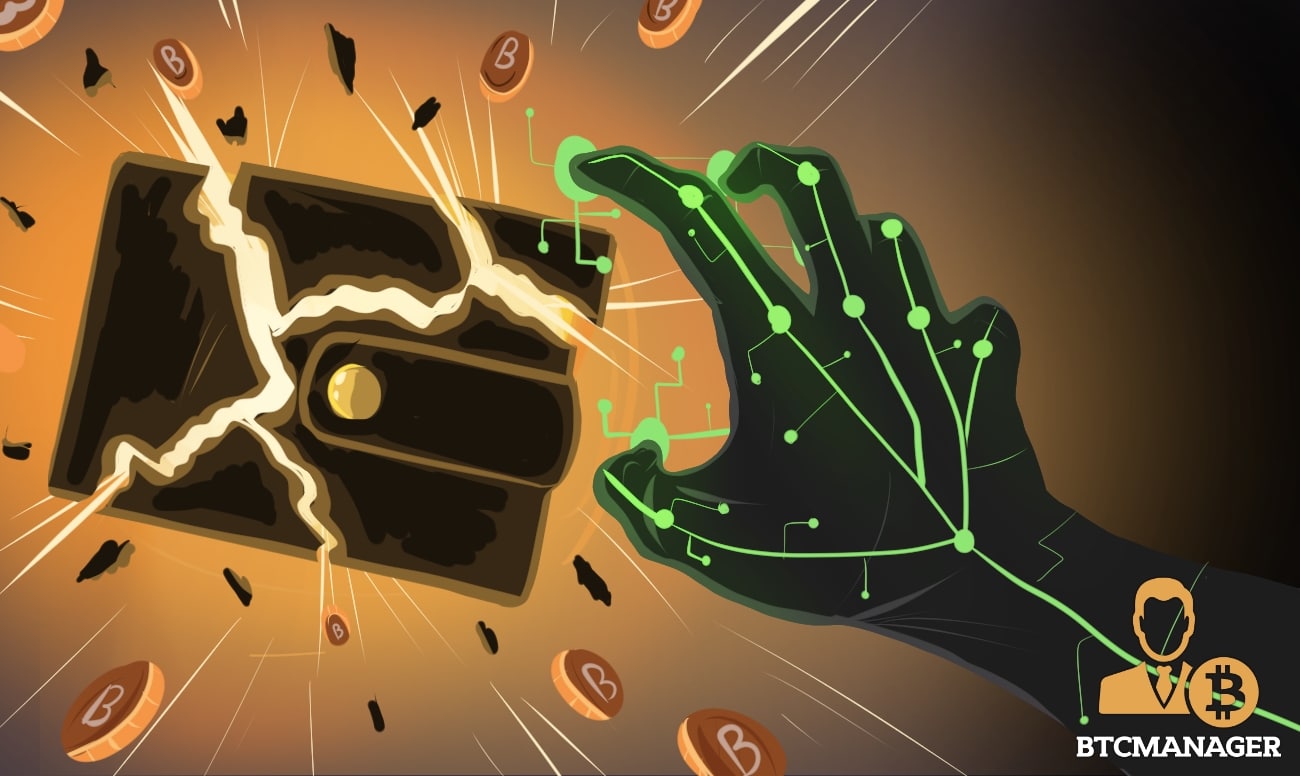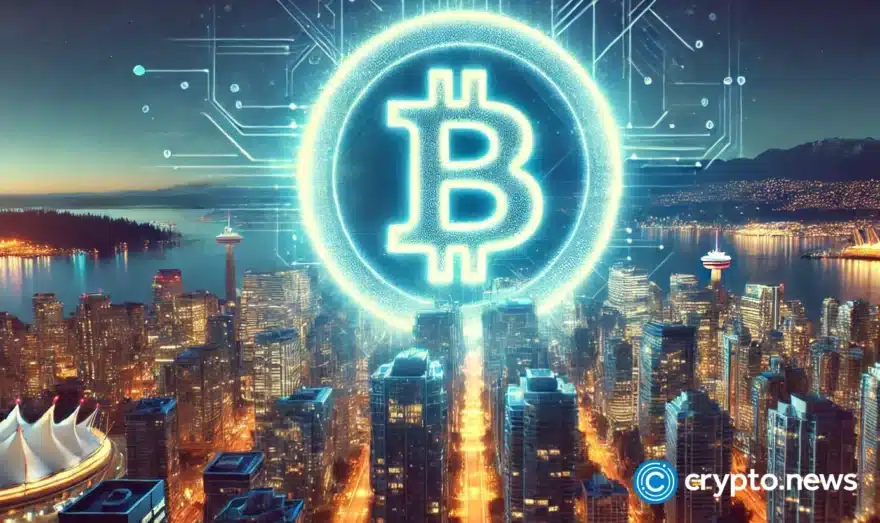Stop Using “Transactions Per Second:” Bitcoin’s More Than That

While bitcoin serves many functions, one its most substantial uses is as a payment system. Typically the metric that has been used to compare Bitcoin to companies like VISA, Paypal, or even newer blockchains that tout higher transaction capacity, is through how many transactions the system can handle, usually seen as transaction per second (tps).
An article published on November 10, 2018, argues that not only is the three-four tps rate of Bitcoin fine, but perfectly suitable for the kind of transactions Bitcoin is catered for.
The Other Factors
While how many transactions a network can handle is significant, other characteristics of those transactions are also important. Namely, two others that should be taken into consideration: things like transaction size as well as what the article calls “settlement assurances.”
Transaction size is pretty self-explanatory, but it is the factor that describes how small or large the actual transactions are. For cryptocurrency, this is easy, as transaction fees are typically calculated based on how many inputs are being used (which in turn determine how many kb a transaction is) to determine how many transactions can fit in a block, which in Bitcoins case, has a 1 MB cap.
In other words, 1 MB worth of transactions can be propagated to the network every 10 minutes. With an average transaction size of around 550 bytes, this means about 1800 transactions can be processed in 10-minute intervals.
Settlement assurances describe how definitive these transactions are. For example, while credit card companies have vastly higher transaction per second capacities, typically there’s anywhere from a 30-120-day period after the transaction occurs that a chargeback can occur. Cash, on the other hand, has transactions settled immediately with no period of being able to issue a chargeback.
With these three factors, it is then possible to paint a complete picture of the economic bandwidth each payment system has against time. What you notice is that while Bitcoin may have lower transaction per second throughput, transactions regardless of monetary value settle and is suitable for another transaction within 10 minutes, with each 10-minute block after further setting the transaction in digital stone.
Depending on perspective, a ten-minute block time can be good or bad. In situations where a whale is moving hundreds or thousands of Bitcoins, ten minutes until the transaction is settled is lightning quick. When it comes to trying to buy breakfast in a busy line, ten minutes of awkwardly waiting can feel like an eternity. Moreover, with that point, we can see so what kind of situations bitcoin excels in, as well as the need for a secondary solution to address both kinds of transactions.
So where does Bitcoin Stand?
While looking at three factors gives us a better perspective of about where bitcoin lies against other systems like SWIFT, cash, debit, and credit cards, it doesn’t let bitcoin off the hook.
Much work still needs to go into bitcoin to compete when it comes to everyday transactions. While protocols like SegWit have helped, an off-chain solution like the Lightning Network will is a necessity if bitcoin wants a chance to compete as customers payment method of choice when buying coffee, groceries, or other daily purchases.
Improvements outside of the protocol need to occur as well. More adoption for bitcoin-supported POS machines to allow users to conveniently purchase goods and services using bitcoin, mobile-friendly wallets that are intuitive and easy to use, as well as lower barriers of entry to obtaining cryptocurrency in the first place. Every link in the fence needs to be improved, with bitcoins feasibility as a payment network being defined by its weakest chain.
However, thanks to bitcoins strong settlement assurances, bitcoin excels as a settlement network. Bitcoin is one of the best ways to make high-value transactions thanks to its global reach, low fees, and fast settlement times. Literal millions can be moved from accounts for a few dollars, with the transaction begin recognized from the recipient instantly thanks to the blockchain, and is ready for use within ten minutes.
All of this done with no need for a third party, or for the parties to even trust each other. These characteristics make bitcoin an excellent choice for specific kind of transactions, ones that are of high-value, requires settlement as soon as possible, with mutual trust not always guaranteed.
Due to its optimizations for one sort of transaction, bitcoin is not the most efficient solution for lower value transactions. While it can still be done, transaction fees inflated by the larger, high-value transactions increase costs and the settlement time of 10 minutes that occurs at a time of bitcoin being sent makes using bitcoin unwieldy for POS situations.
Bitcoin’s best bet is to continue working on a secondary solution for low-value transactions, where settlement can be deferred until a later point, with bitcoin continuing to focus on high-value transactions.














